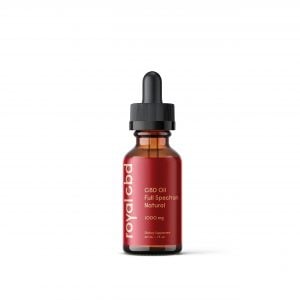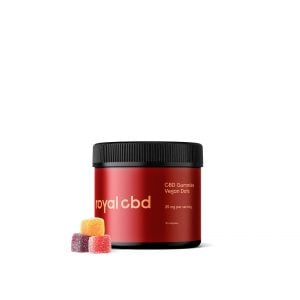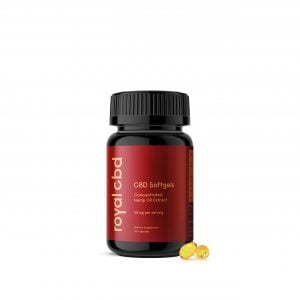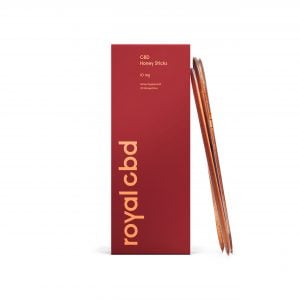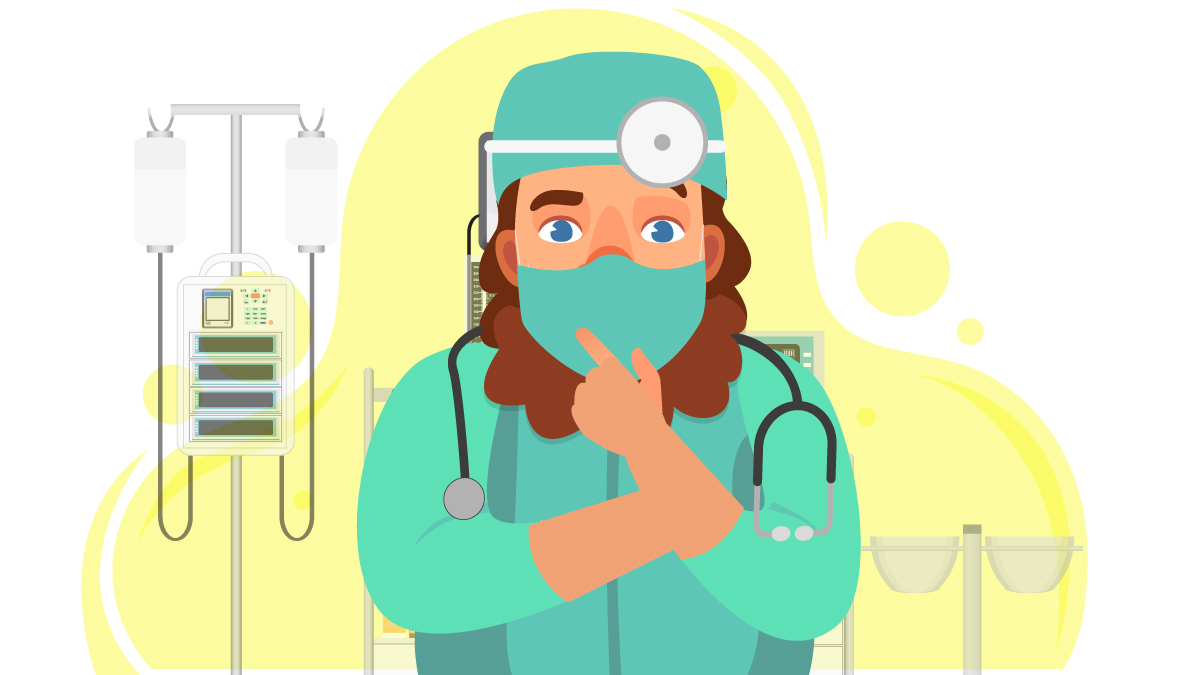Is it safe to take CBD oil before surgery? Does it do any good if you take it after it? In this article, we shed light on the potential benefits of CBD oil for patients after physical traumas like surgeries.
Even though international medical organizations, such as the WHO, seem to support the decent safety profile of CBD, users should still approach these products with caution, especially when buying CBD oil for the first time in this unregulated market.
Considering that CBD interacts with many pharmaceutical medications, it’s natural to wonder whether it’s safe to use it before and after surgery when doctors usually prescribe them.
So, should you stop taking CBD oil before surgery? Does it involve any health risks when you take it afterwards?
Here is everything you need to know.
Can I Take CBD Oil Before Surgery?
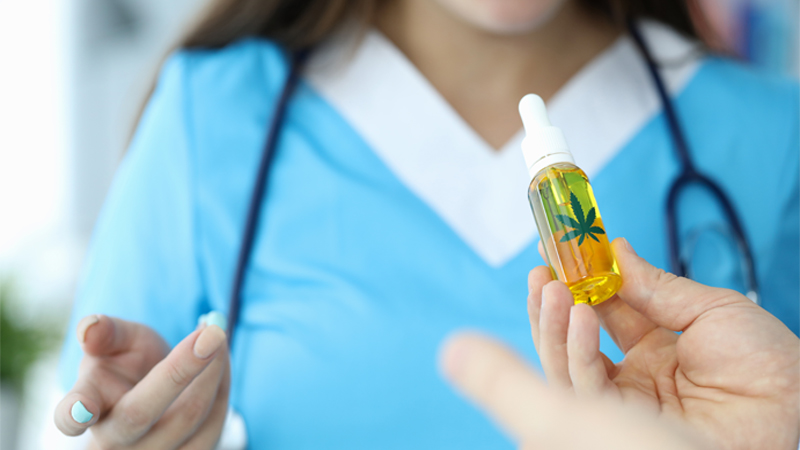
If you’re wondering about the general safety profile of CBD, then we have good news for you: it’s safe and well-tolerated by people, even in doses as high as 1,500 mg daily administered for several weeks (1).
Nevertheless, researchers are concerned about potential interactions between CBD and medications, especially when surgical anesthesia or other essential meds get into the picture.
So, is it safe to take CBD oil before surgery?
Know this:
According to many medical sources, you shouldn’t take much of anything, including water, before surgery to prevent potential complications, such as secondary infections, increased heart rate, aspiration, or nausea and vomiting.
When you go through surgery, you’ll often complete a form or be interviewed by your doctor about the use of opioids or other medications. That’s because certain compounds can make anesthesia weaker or totally ineffective.
Does CBD Oil Reduce the Efficacy of Anesthetics?
Frequent use of some supplements may not render the anesthesia completely unproductive, but your anesthesiologist should be aware of the compounds that may hinder its efficacy.
While there’s not enough research on the clinical impact of CBD on anesthesia, studies on high-THC cannabis (marijuana) users show that frequent use of marijuana may reduce the efficacy of anesthetic medications (2).
Bottom line? Always talk to your doctor if you’re thinking about using CBD oil before surgery.
Is CBD Oil Safe to Take Before Surgery?
Many scientific papers fall in line with the idea that CBD oil is safe to take in the days prior to scheduled surgery under specific circumstances.
For example, studies indicate that CBD may have anti-coagulant effects, meaning it can thin down the blood (3). According to Dr. Perry Solomon, MD, CBD may be safe to use before surgery as long as you aren’t combining it with blood thinners; that’s because of the potential interactions between CBD and medications (4).
When to Stop Using CBD Oil Before a Surgery
The safest way to ensure CBD is safe before surgery is to follow the instructions of the hospital staff regarding the time to stop eating and drinking before surgery.
Long story short, CBD may be safe to use up until you need to discontinue food, beverages, and medications.
Similar to opioid medications, you should inform your doctor before surgery about your CBD use.
Dr. David Hepner, MD, MPH, says this communication is paramount. According to a Harvard Health publication, traditional cannabis use can alter the number of anesthesia medications required during surgery by over 300%.
Although CBD oils contain only a trace amount of THC (0.3% or less), you still want your anesthesiologist to be ahead of the curve and increase the anesthetic dose as needed. It’s important that you keep track of your CBD dosage and the times you take it so that you can provide your doctor with precise information.
Can CBD Oil Reduce Stress Before Surgery?
Many people are looking for ways to reduce stress prior to the surgery (5). While CBD can balance your endocannabinoid system and improve stress response, it’s difficult to tell how using CBD oil directly before the procedure will affect your health. Many doctors don’t quite understand the effects of CBD on the body yet.
What About Using CBD Oil After a Surgery?
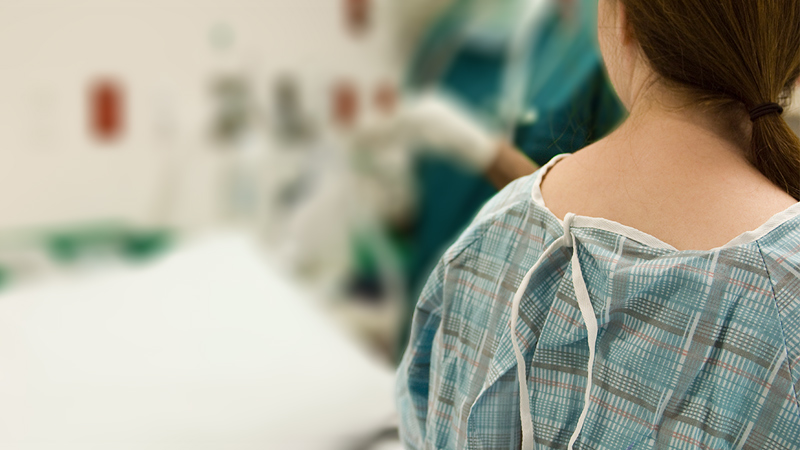
As it turns out, taking CBD oil after surgery may provide more benefits than as a pre-operative supplement.
Aside from its positive influence on mental well-being, CBD oil can help you reduce the post-surgery discomfort that occurs during inflammation, swelling, and other processes involved in recovery.
What Ratio of CBD/THC Work Best for Post-surgery Recovery?
According to scientists, CBD works best for physical discomfort when combined with THC in a 1:1 ratio (6). However, the problem with the availability of such tinctures is that they’re legal only for patients in states with medical marijuana programs.
Hemp-derived CBD products have more than a 20:1 ratio between CBD and THC. The lion’s share of its evidence regarding post-surgical benefits comes from anecdotal reports rather than from studies.
Research on CBD before and after surgery is limited. However, there’s some evidence that cannabinoids can help manage post-operative discomfort and make recovery more effective.
CBD for the Side Effects of Surgery
On top of managing physical discomfort and stress, CBD can also help bring balance to the endocannabinoid system on other levels. For example, you may experience post-surgical nausea and vomiting, or loss of appetite as a result of physical trauma after medical procedures.
This can happen especially in those who have chronic health conditions. Studies show that CBD can manipulate the mechanisms in the brain that control nausea and vomiting — easing your tummy and reducing the numbing sensations (7).
Fatigue is another common side effect of surgery. CBD oil may help you optimize energy levels through its influence on metabolic pathways and by signaling the ECS to produce more anandamide — the endocannabinoid known as the “bliss molecule.”
In large doses, CBD can reduce blood pressure, making you feel drowsy and tired (8). This feature can be beneficial if you’re looking for deep rest after surgery so that your body has the time to get back on track.
Consult Your Doctor About Using CBD Oil Before and After Surgery
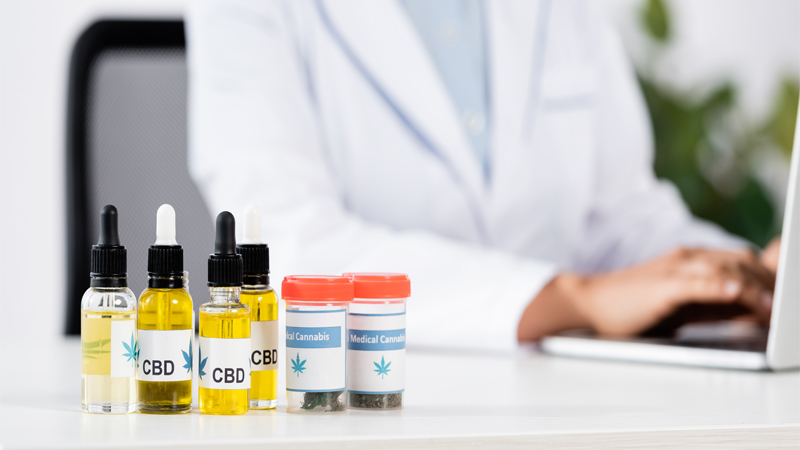
If you’re a regular CBD user, or took CBD oil a few days prior to your surgery, inform your doctor and your anesthesiologist about it.
Your doctor will be able to guide you when it comes to the dosage and schedule for CBD oil and your medications for post-surgery recovery. For anesthesiologists, informing them about CBD use is critical because it will give them an idea of the best dosage for your anesthetics to make sure they remain effective.
Can You Use CBD Oil Before and After MRI?
Before a doctor recommends surgery, patients typically go through at least one Magnetic Resonance Imaging (MRI) to see if there are any patterns in the brainwaves that could increase the risk of surgical complications.
Seizures are one of the most common effects of MRI. Studies suggest CBD can help mitigate seizure activity, although the results refer to Epidiolex, a purified, synthetic version of CBD approved by the FDA to treat childhood forms of epilepsy (9).
Does CBD Help Before and After Tooth Extraction?
You can use CBD if you feel stressed before tooth extraction (10). CBD may help you achieve a calm state of mind and reduce physical tension. According to one study on tooth extractions, dental phobia is a common condition that can be alleviated with behavioral techniques and natural supplements.
Is CBD Useful Against the Side Effects of Chemotherapy?
A growing body of scientific evidence supports the use of CBD for the side effects of chemotherapy and other aggressive treatments. CBD has the ability to influence the endocannabinoid system to return to its balanced state and support homeostasis throughout other systems in your body, improving your overall well-being even when it’s damaged by the aforementioned factors.
CBD Oil Before and After Surgery: Bottom Line
Surgery is a major invasive medical procedure, but sometimes it’s the last resort for saving lives. Recovery from surgery may require weeks or months to be effective, with a whole range of unpleasant side effects, such as high levels of stress, apathy, physical discomfort, swelling, irritation, and poorly functioning sleep cycles.
CBD is a versatile wellness supplement that interacts with the human endocannabinoid system. Using this vast neurochemical network, it can reach over 65 molecular targets, bringing positive effects on your overall health.
CBD oils are generally safe if you buy them from a trustworthy source that publishes up-to-date lab reports about their potency and purity. However, since cannabis can reduce the effectiveness of traditional anesthesia, you should always talk to your doctor and anesthesiologist before using CBD oil before and after surgery.
Sources:
- Iffland, K., & Grotenhermen, F. (2017). An Update on Safety and Side Effects of Cannabidiol: A Review of Clinical Data and Relevant Animal Studies. Cannabis and cannabinoid research, 2(1), [1]
- Hepner, D. (2020). Coming Clean: Your Anesthesiologist Needs to Know About Marijuana Use Before Surgery. Harvard Health.
- Coetzee, C., Levendal, R. A., van de Venter, M., & Frost, C. L. (2007). Anticoagulant effects of a Cannabis extract in an obese rat model. Phytomedicine: international journal of phytotherapy and phytopharmacology, 14(5),
- Grayson, L., Vines, B., Nichol, K., Szaflarski, J. P., & UAB CBD Program (2017). An interaction between warfarin and cannabidiol, a case report. Epilepsy & behavior case reports, 9, 10–11. [2]
- Moltke, J., Hindocha, C. Reasons for cannabidiol use: a cross-sectional study of CBD users, focusing on self-perceived stress, anxiety, and sleep problems. J Cannabis Res 3, 5 (2021).
- Vivace, B. J., Sanders, A. N., Glassman, S. D., Carreon, L. Y., Laratta, J. L., & Gum, J. L. (2021). Cannabinoids and orthopedic surgery: a systematic review of therapeutic studies. Journal of orthopedic surgery and research, 16(1), 57. [3]
- Parker, L. A., Rock, E. M., & Limebeer, C. L. (2011). Regulation of nausea and vomiting by cannabinoids. British journal of pharmacology, 163(7), 1411–1422. [4]
- Jadoon, K. A., Tan, G. D., & O’Sullivan, S. E. (2017). A single dose of cannabidiol reduces blood pressure in healthy volunteers in a randomized crossover study. JCI insight, 2(12), e93760. [5]
- Ryan M. (2020). Cannabidiol in epilepsy: The indications and beyond. The mental health clinician, 10(6), 317–325.
- Beaton, L., Freeman, R., & Humphris, G. (2014). Why are people afraid of the dentist? Observations and explanations. Medical Principles and practice: international journal of the Kuwait University, Health Science Centre, 23(4), 295–301.
